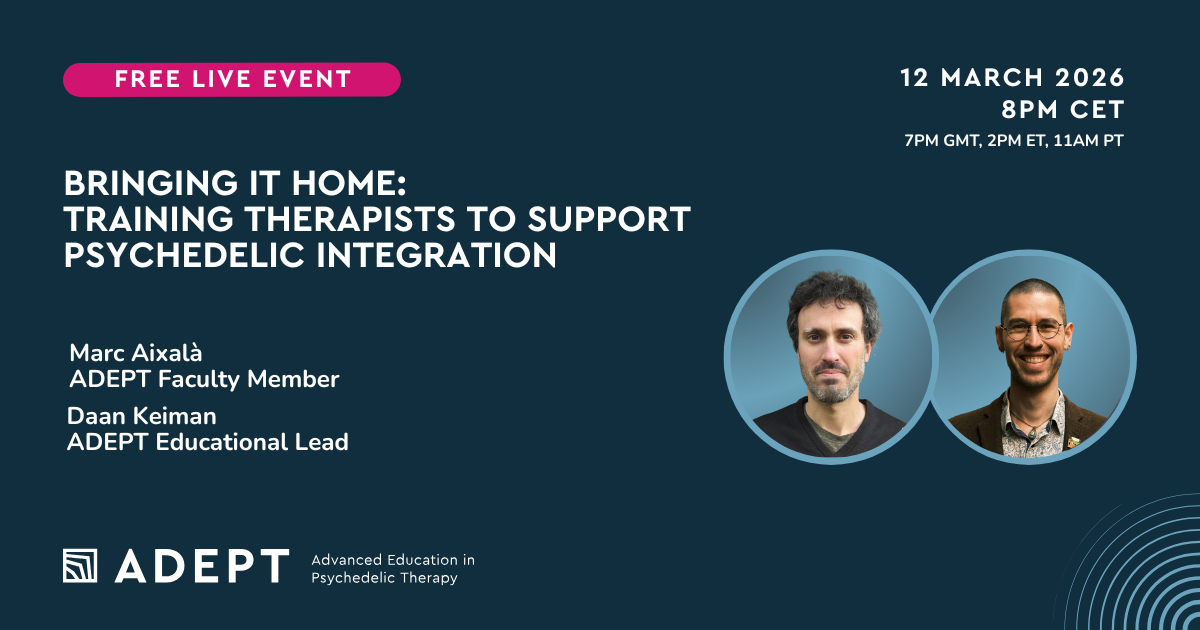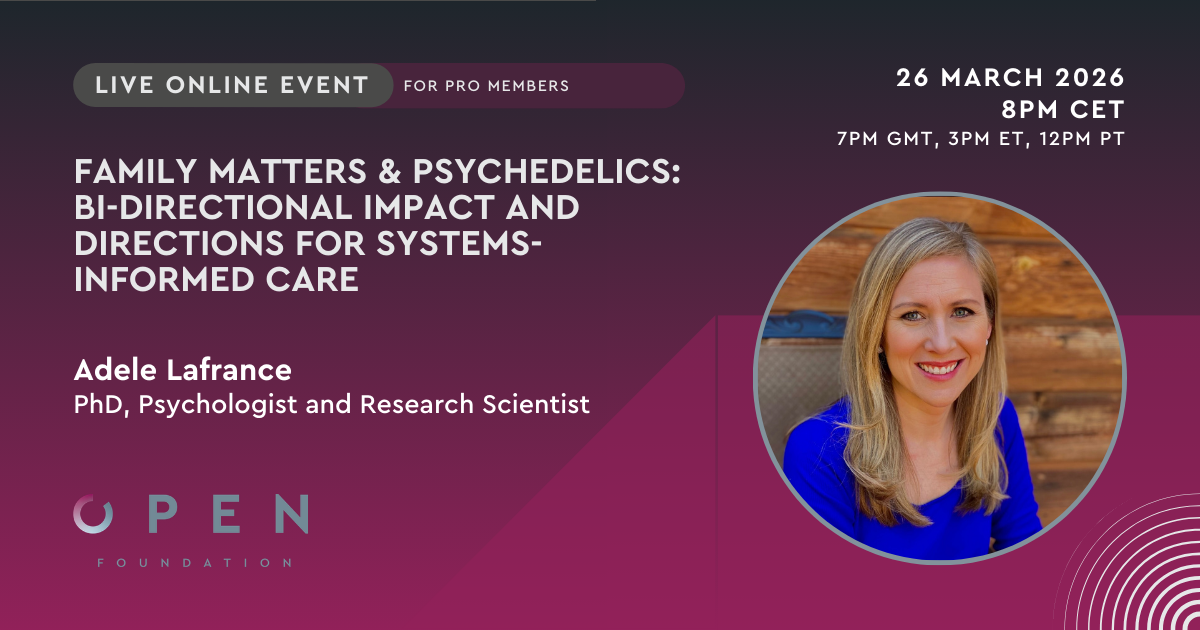Abstract
From 2013 to 2015, I worked as a postdoctoral research fellow with a team of pharmacologists experimenting with psilocybin, an illegal psychoactive compound found in psychedelic mushrooms. The team had conducted an open-label clinical trial with long-term cigarette smokers, using psilocybin-assisted psychotherapy to help them quit. The smoking outcomes were very promising, occurring alongside many other profound positive life-changes. The team wanted to investigate further the mechanisms of change by which the study led to its effects. With my PhD training in qualitative research but little knowledge of psychopharmacology, I spearheaded a retrospective qualitative research project to identify participants’ perceptions of the mechanisms of change. This case study describes the challenges I experienced through my involvement with the pharmacology team and some of the solutions that emerged. The distance between collaborating physical scientists and social scientists ebbs and flows, and I begin by situating our interdisciplinary project in the context of the recent intellectual history of psychopharmacology. I then offer a twin analysis of working on the topic as a qualitative researcher and working in a team with pharmacologists. The case study ends with practical suggestions for getting the most out of interdisciplinary co-production.
Noorani, T. (2017). Conducting Qualitative Research With Psychedelic Psychopharmacologists: Challenges of Co-Production in an Era of Interdisciplinarity. 10.4135/9781526404862
Link to full text













